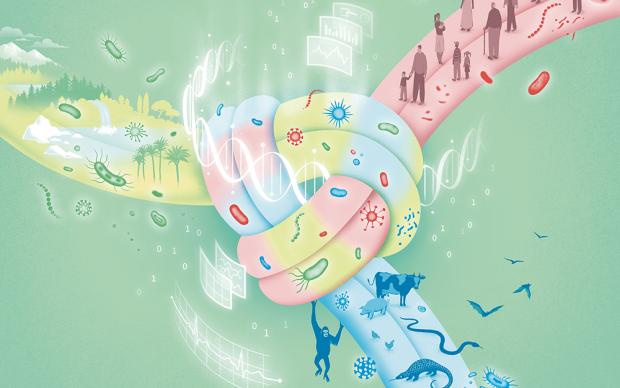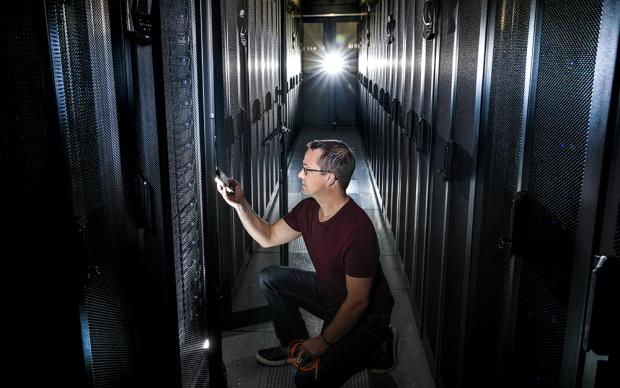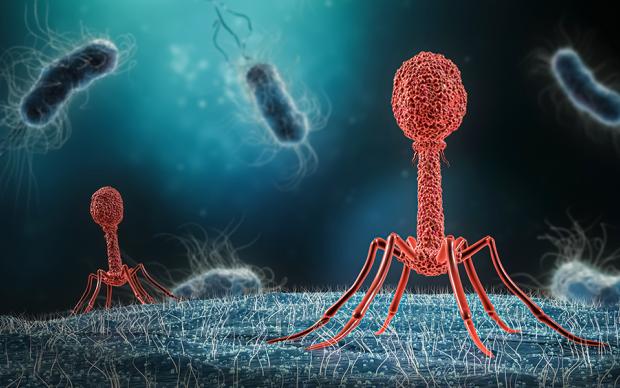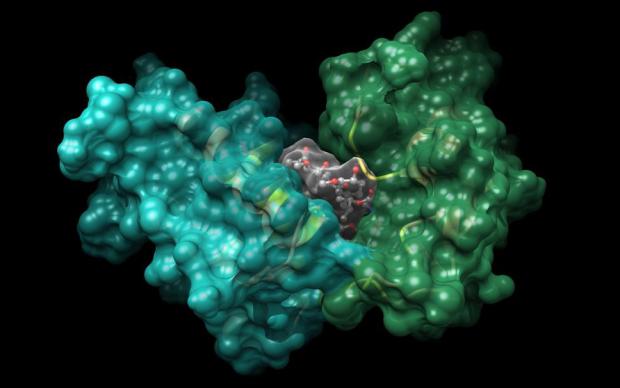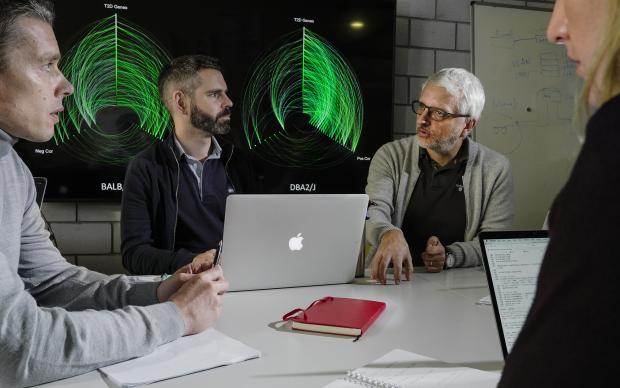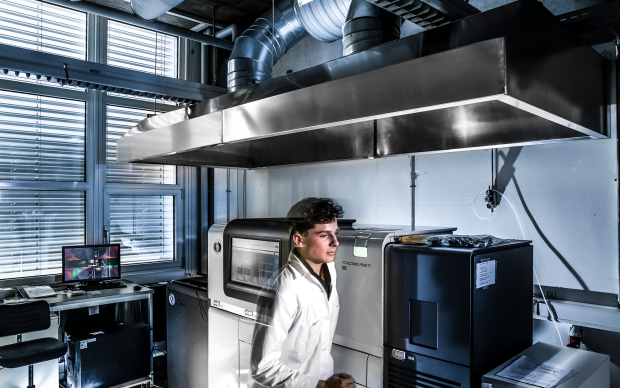A large international project, ENDOTARGET, aims to explore the causes of inflammation in arthritis. SIB has a crucial role in this endeavour by coordinating the data management, ensuring the quality and harmonization of datasets as well as by developing a tool supported by AI to predict which patients are likely to have more severe forms of the condition. This initiative, starting this month, has been awarded funding from the European Union and the Swiss State Secretariat for Education, Research and Innovation (SERI).
From gut microbiota to inflammation to arthritis
Chronic inflammation is a significant driver of diseases such as arthritis. In the case of rheumatoid arthritis, it leads to debilitating pain within the joints which can progress to severe levels, and even affect internal organs. While no cure currently exists for this disease, it is likely that conditions which prime the body to be in a more inflammatory state, such as systemic endotoxemia (see box), could be involved. ENDOTARGET, led by HUS Helsinki University Hospital, brings together SIB scientists with collaborators in Finland, Germany and Estonia. Data will be collected from several large patient cohorts to understand the role of systemic endotoxemia, gut microbiota and intestinal permeability in inflammatory diseases.
What is systemic endotoxemia?
Endotoxins are large molecules found within the cell walls of many bacteria, including many in the gut microbiota. Under stress, e.g. from a high fat diet, the usually strong integrity of the gut wall may be compromised, leading to increased intestinal permeability or a “leaky” gut. Endotoxins can then enter the bloodstream, activating immune cells and to release proteins which induce inflammation. This is systemic endotoxemia.
An AI-based tool to predict severe arthritis
A prediction tool combining these data will be developed to identify patients at risk of developing arthritis or severe forms of the disease. This will enable more to be learnt about the drivers of chronic inflammation and the role of systemic endotoxemia. Individuals identified to be at a higher risk would be selected for lifestyle or other changes to improve their quality of life, such as through their diet. To develop the tool, SIB’s Vital-IT Group, led by Mark Ibberson, will be collaborating with groups such as NEC Laboratories Europe Gmbh (Germany) to help build predictive models using machine learning and artificial intelligence.
Cutting-edge expertise in data management
With datasets being built from cell molecular functional studies, clinical and diet intervention studies, the wide range of parameters measured will require a high level of expertise to manage the data. This is where the unique know-how of SIB’s data scientists comes in. “The depth of this data is huge and should allow us to make new discoveries that were not possible before. Harmonisation across datasets is however crucial to ensuring this success, enabling researchers to reach higher statistical power in their analyses and validate their findings across multiple studies” says Mark Ibberson.




